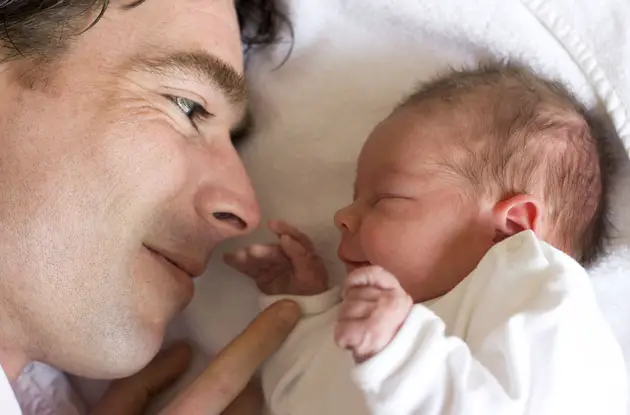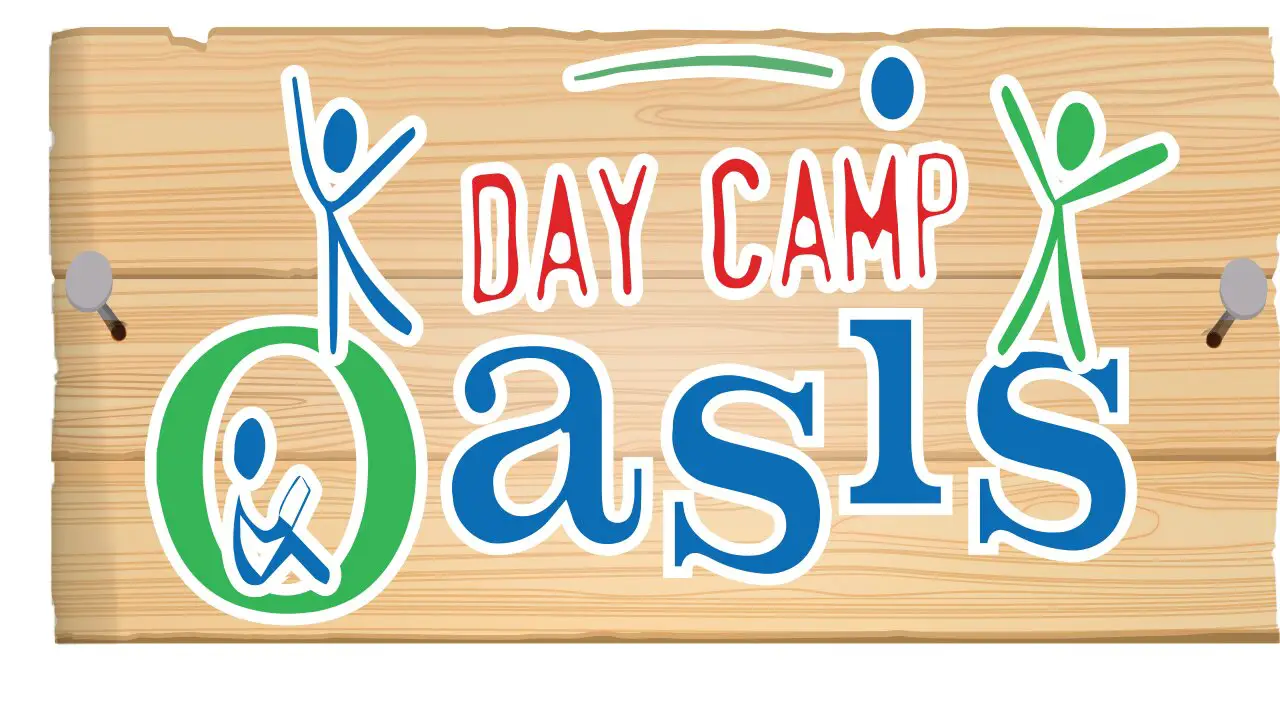
Tips to Help Fathers Bond with Their Babies
Forming close ties with a newborn can be difficult for fathers, but that relationship has lasting benefits.

Forming close ties with a newborn can be difficult for fathers, but that relationship has lasting benefits.




Bayside, NY Kon Gen International Preschool is a child-focused and family friendly pre-school located on the border of Flushing and Bayside serving children 2 to ...

Dobbs Ferry,

Middle Island, New York Great Strides Long Island has been offering riding lessons, birthday parties and summer program activities built around our beautiful horses on our 15...

Brooklyn, NY Kool Kidz is one of the only boutique party venues in Brooklyn area which offers Kool and Interactive Private Parties for all Occasions. We specialize...